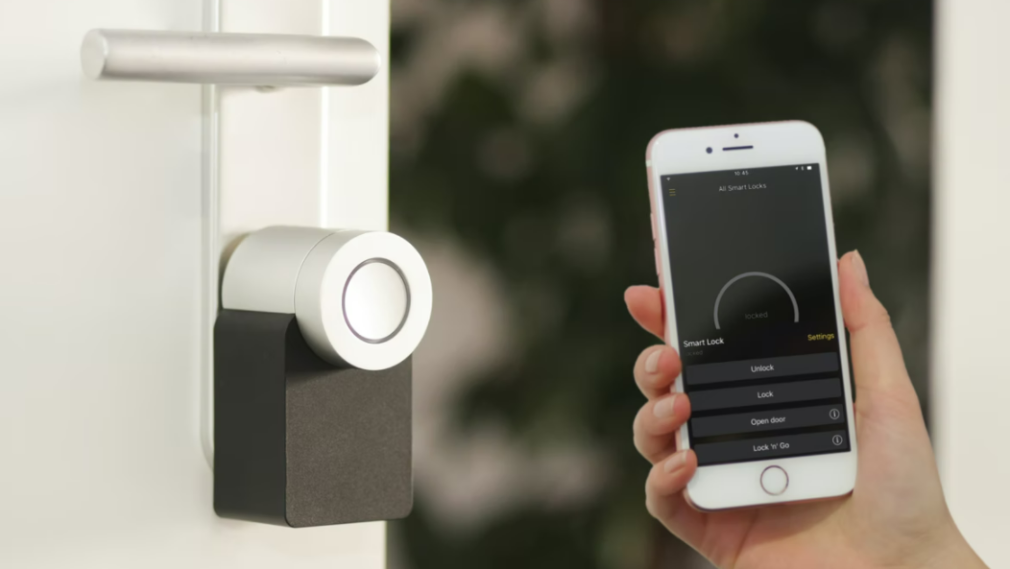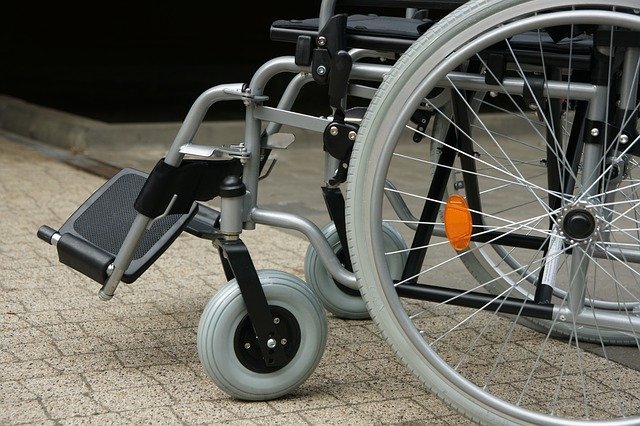3920Views 0Comments

How to Reduce Indoor Air Pollution In Your Home
When it comes to your family’s respiratory health, you can never be careful. As a homeowner, there are a few simple steps that you can take that will drastically improve the air quality inside your home and reduce your family’s risk of many different health issues.
Start With a Deep Clean
One of the best ways to reduce indoor air pollution is to keep your home clean and free of dust, dirt, and other allergens. Dust mites, for example, are a major source of indoor pollution. These tiny creatures thrive in dirty environments and are one of the leading causes of asthma and allergies. By vacuuming regularly and dusting with a damp cloth, you can help reduce their numbers and improve your indoor air quality. No matter what projects you carry out to purify the air, contaminants are still going to get kicked up if the surfaces are covered in dust, dander, and allergens. At least once every week or two, you should spend a little bit of time vacuuming, wiping down all counters, cleaning fans, and washing all of your linens.
Change Your Filters
Many homeowners go months without changing their air filters, and that can have a huge impact on one’s air quality and overall comfort. Forgetting to change your air filters could also strain your HVAC system and potentially cause significant damage to the motor and fans. Every home and family is slightly different, but the average homeowner should plan on replacing their air filters at least once every 30 to 90 days.
Most people are familiar with the need to change the furnace filter in their homes, but many don’t realize that their air conditioner has a filter as well. Just like the furnace filter, the air conditioner filter should be changed on a regular basis – typically every three months. Failure to do so can lead to a number of problems, including reduced efficiency and higher utility bills. In some cases, it can even lead to damage to the unit itself. Fortunately, changing an air conditioner filter is a relatively simple task that can be easily accomplished by almost anyone. So if you haven’t changed your air conditioner filter recently, now is the time to do it. Your hvac system will thank you for it!
Utilize a High-Quality Air Purifier
If you live in an area that is known for airborne pollutants or allergens, then it might a good idea to invest in an air purifier. Air purifiers come in all shapes and sizes to fit different size rooms so you can find one that’s perfect for your needs. Be sure to choose an Energy Star purifier for maximum efficiency. A portable air filter is an excellent option if you only need to purify the air in a single bedroom or bathroom. For those who want to enjoy clean air in every room, a whole house air purifier that is attached directly to the central HVAC system will probably be the best investment.
Repair or Replace Your Old HVAC System
Servicing your HVAC system once every six months is a great way to keep that device clean and efficient, but there will come a point when it needs to be completely replaced. One of the challenges of maintaining an old hvac system is that hvac filters are not always readily available. When hvac filters do become available, they may be expensive. Furthermore, hvac systems tend to be less efficient as they age, meaning that they use more energy and produce more carbon dioxide emissions. As a result, it is important to regularly replace hvac filters and have the hvac system serviced by a qualified technician. Doing so can help to extend the life of the hvac system and reduce its environmental impact. Upgrading your heating and air conditioning system could have a big impact on your home’s air quality as well as your monthly energy bills. Many modern HVAC systems come with advanced filtration systems that are specifically designed to remove microscopic particulates from the air.
Let in Some Fresh Air
One of the best ways to reduce air pollution is to open windows and doors to allow fresh air to circulate in your home or office. This simple act can help to reduce the levels of airborne contaminants, making the air healthier to breathe. In addition, open windows can also help to improve indoor air quality by allowing stale air to escape and fresh air to enter. As a result, opening windows on a regular basis can have a significant impact on your health and well-being. Just be sure to keep an eye on local air quality conditions before you open up; if outdoor pollution is high, or allergens are in season, it’s best to keep your windows closed.
Use Green Cleaning Products
Whenever possible, use natural or green cleaning products in your home. These products are less likely to release harmful chemicals into the air, making them a safer option for you and your family. When cleaning your home, always follow the manufacturer’s instructions for ventilation. Some products require special ventilation or should only be used outdoors.
These few steps can be highly effective, but you should still keep an eye out for any signs that the air quality inside your home might still be poor. That includes constantly itching eyes, a runny nose, headaches, piles of dust, skin irritation, and difficulty breathing.


